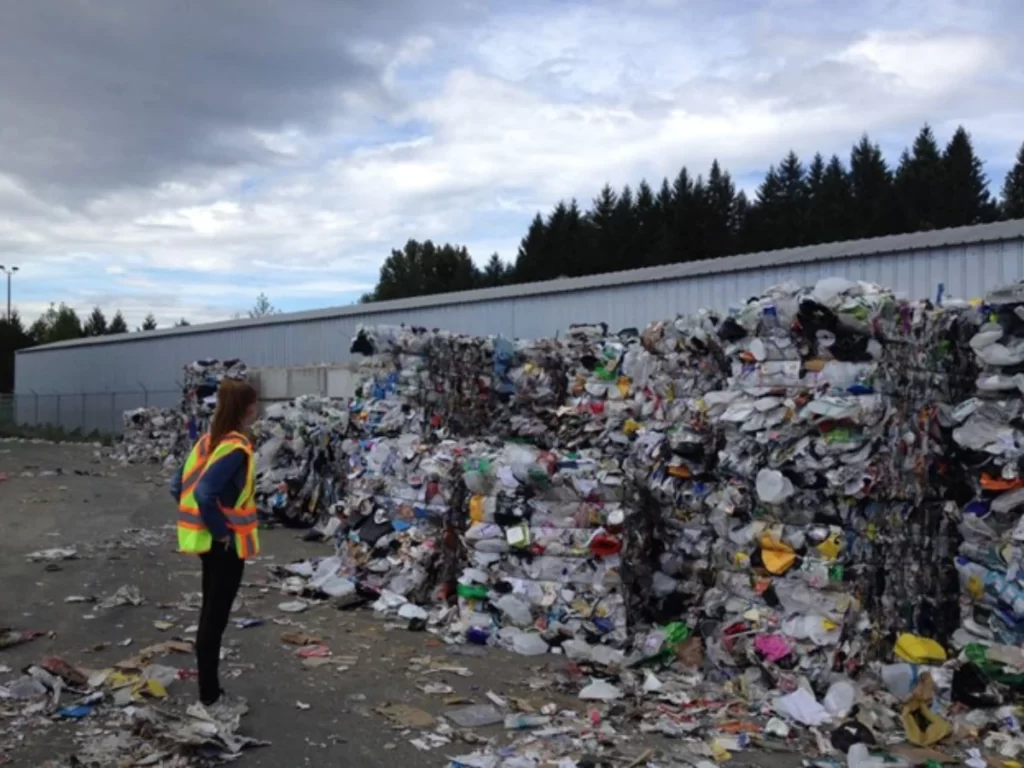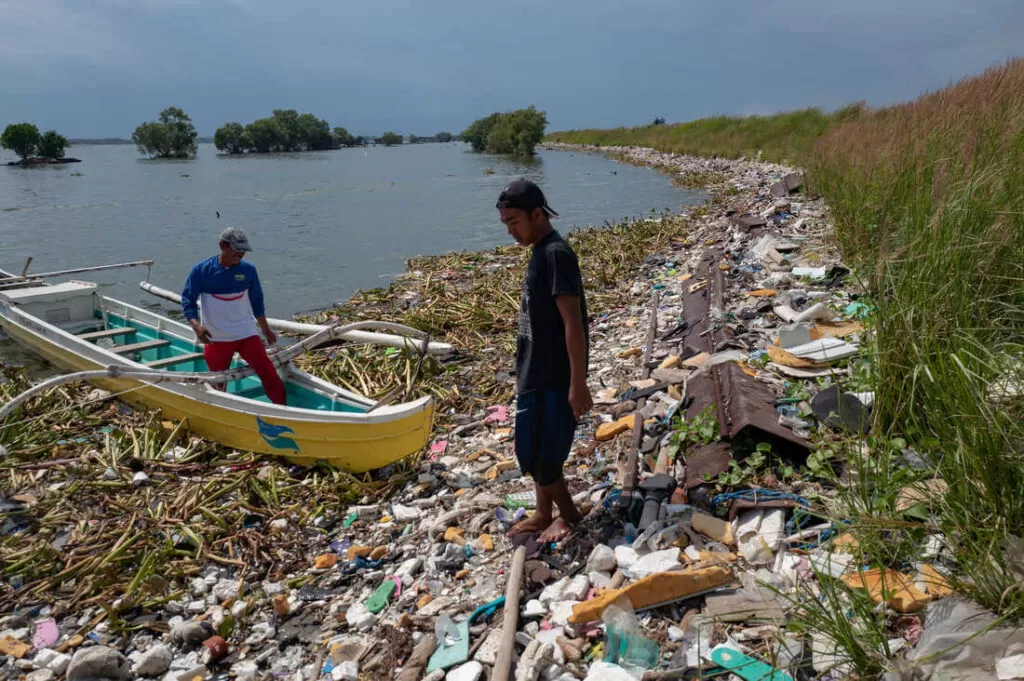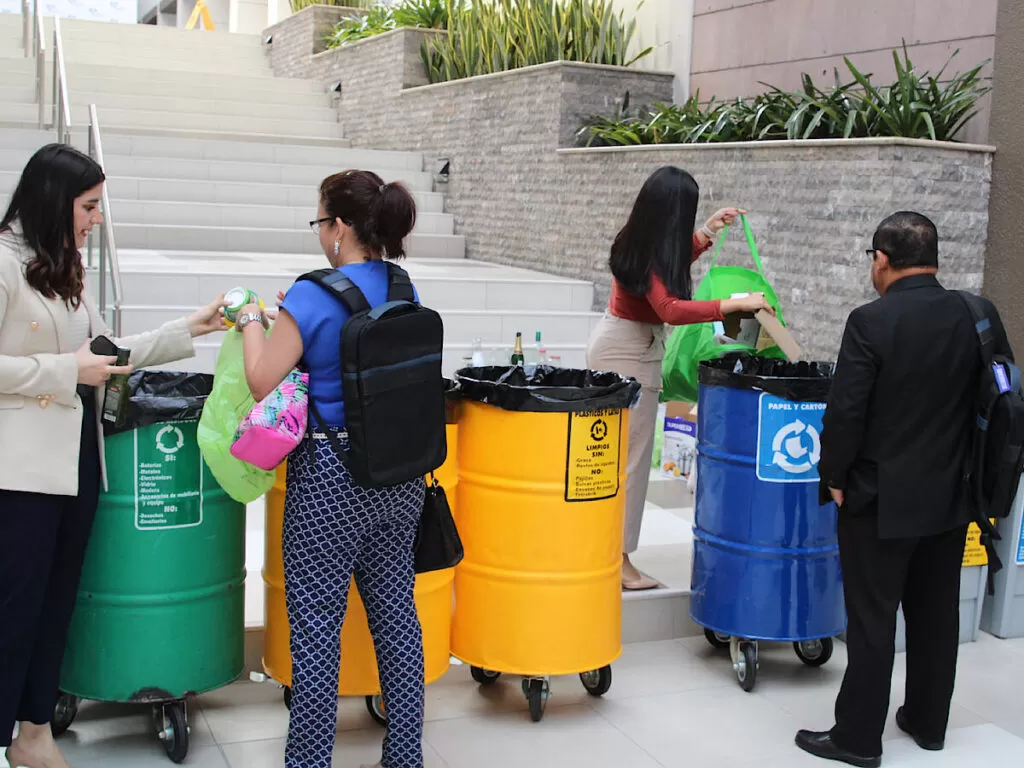In the bustling world of business, especially in the plastic recycling sector, staying informed and ahead of the curve is crucial. Today, I’m diving into the heart of Cuba’s plastic recycling landscape. As CEO of Amige, a leader in manufacturing plastic crushers and shredders, I have a vested interest in these dynamics.
Cuba, an island nation, faces unique challenges and opportunities in managing plastic waste. The current status of plastic recycling in this Caribbean country is a fascinating study of resilience and innovation. How is Cuba coping, and what lessons can we draw for our business strategies?
Plastic pollution, a global nemesis, hasn’t spared Cuba. However, the Cuban approach to managing this challenge has been noteworthy. With limited resources, the country has embarked on an innovative journey to tackle plastic waste. Here, we’ll explore these strategies, uncovering how they can inform and inspire our business practices.
How Effective Is Cuba’s Recycling Infrastructure?
Cuba’s recycling infrastructure, while not the most advanced, demonstrates a commendable effort in resource optimization. Despite facing economic constraints, the country has developed a network of local recycling centers, which play a critical role in managing plastic waste. These centers are crucial in reducing the environmental footprint of plastics, yet they face challenges such as limited technology and resources. For further insights, see Cuba’s Recycling Infrastructure.
What Strategies Does Cuba Employ for Plastic Waste Management?
Cuba’s approach to plastic waste management is multifaceted. The government, alongside non-profit organizations, has initiated various programs aimed at raising public awareness about the importance of recycling. These programs often focus on educating the youth and creating a culture of environmental responsibility from a young age. Additionally, incentives are provided to encourage participation in recycling activities. This blend of education and incentives is something businesses, including ours at Amige, can learn from. More details can be found at Cuban Plastic Waste Management Strategies.

How Does Cuba’s Economic Situation Impact Plastic Recycling?
Cuba’s economic situation, marked by sanctions and limited trade opportunities, significantly impacts its recycling capabilities. The lack of access to advanced recycling technology and equipment hinders the country’s potential to manage plastic waste more efficiently. However, this limitation has also bred innovation, with local solutions being developed to overcome these challenges. Our company, Amige, can draw inspiration from this resilience in the face of adversity. More on this can be found. Economic Impact on Cuban Recycling.
What Are the Environmental Impacts of Plastic Pollution in Cuba?
The environmental impact of plastic pollution in Cuba is a critical concern. The island’s rich biodiversity and delicate ecosystems are particularly vulnerable to the detrimental effects of plastic waste. This situation underscores the urgency for effective recycling strategies and reinforces the importance of our work at Amige in providing top-quality recycling equipment. Detailed environmental impact analysis can be accessed at Environmental Impact in Cuba.

What Innovations Are Emerging in Cuba’s Plastic Recycling Sector?
Despite its challenges, Cuba is witnessing the emergence of innovative recycling initiatives. Local entrepreneurs and scientists are working on developing new recycling methods and products made from recycled plastics. These innovations, often born out of necessity, offer valuable lessons in adaptability and creativity for businesses like ours. To learn more about these innovations, visit Cuban Recycling Innovations.
How Can International Cooperation Aid Cuba’s Recycling Efforts?
International cooperation is key to enhancing Cuba’s recycling capabilities. Partnerships with foreign companies and organizations can provide access to better technology, funding, and expertise. For a company like Amige, this presents an opportunity to extend our global reach while contributing positively to a pressing environmental issue. International Aid for Cuban Recycling.

Conclusion
Cuba’s journey in tackling plastic pollution, though fraught with challenges, is a testament to the power of resilience and innovation. As a business leader, these insights not only offer a glimpse into a different world of recycling but also present opportunities for learning, growth, and collaboration. Let’s take these lessons and apply them to our business practices, driving forward in our quest for a more sustainable future.
